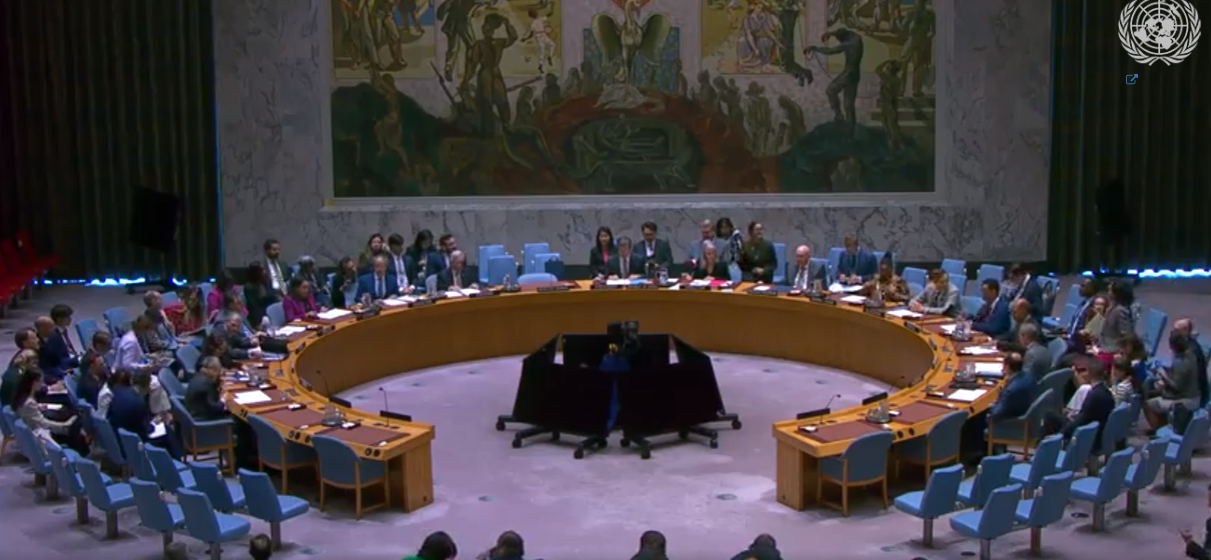

The government of Kenya has welcomed the decision by the
United Nations Security Council (UNSC) to authorise a new multinational Gang
Suppression Force (GSF) in Haiti to replace the Kenyan-led security support
mission.
The decision comes amid escalating gang violence, widespread
rights abuses and a humanitarian emergency affecting all aspects of life in the
island nation.
According to Foreign Affairs Principal Secretary Korir Sing’Oei,
the transition is a welcome move.
“The unanimous adoption of Resolution 2793 (2025) last night
by the UN Security Council is a welcome development in the pursuit of a more
peaceful and secure Haiti,” he said on X.
The PS noted that Kenya, having led the MSS and cognizant of
the challenges the Mission faced, co-sponsored the resolution.
“Having led the MSS and cognizant of the challenges the
Mission faced as recently articulated by President William Ruto at the 80th
UNGA, and having co-sponsored Resolution 2798 in her capacity as a member of
the Standing Group of Partners.”
The GSF shall comprise a contingent of 5,500 police and
military officers bolstered by a UN Technical Office, which will assume full
responsibility for among others, the provision of logistical support for the
GSF and resource mobilisation.
This will be supported by both a newly created UN Support Office and the Organization of American States.
The newly authorised Gang
Suppression Force was approved for a period of 12 months in a vote of 12 in
favour, with three abstentions on Tuesday.
Russia and China, which hold veto power, abstained.
Kenyan police arrived in Haiti in June 2024.
Like the MSS, the new force will still have a force
commander in charge.
But now, it will be overseen by a group of countries
representing the coalition of the willing, troop-contributing countries.
The new force will be reporting up through a special
representative, a civilian who will provide oversight and political direction.
The special representative will also be responsible for
coordinating with the UN and the OAS on the deployment of such a package to
ensure it strengthens joint operations between the GSF and the Haitian police,
including through the construction of operational facilities and security
infrastructure supporting joint planning and oversight of operations by both
forces.
The new Gang Suppression Force, or GSF, will have a ceiling
of 5,550 individuals - 5,500 uniformed personnel, comprised of both military and
police personnel, and 50 civilians.
It will still rely on voluntary contributions to fund its
personnel; however, its operations and logistics, including the current
U.S.-constructed base in Port-au-Prince, will be overseen by the new UN Support Office.















